The Geneva Centre for Security Policy podcast is your gateway to top conversations on international peace and security. It will bring you timely, relevant analysis from across the globe with over 1,000 multi-disciplinary experts speaking at 120 events and 80 courses every year. Click subscribe, download on your favourite podcast player, get notified each time we release our weekly episode.
Podcast Episode 10
Host: Hello, my name is Claire Heffron and welcome to the Geneva Centre for Security Policy podcast on the latest issues, advancing peace, security and international cooperation.
Host: The world is now responding to the Coronavirus to prevent it from becoming a broader global crisis. But what if there was an international standard for risk management and crisis or incident response, we spoke to Lord Toby Harris, President of the Institute of Strategic Risk Management. And as February marks the working group meetings, and first informal preparatory meetings of the Arms Trade Treaty Secretariat in Geneva we spoke to Dumisani Dladla, the head of the Arms Trade Treaty Secretariat.
Lord Toby Harris: My name is Toby Harris, and I am President of the Institute of Strategic Risk Management. And obviously, we're very pleased to be here at the Geneva Centre and playing a part in the discussions today.
Host: So what is the Institute for Strategic Risk Management? What is it hope to achieve?
Lord Toby Harris: Well it's a new Institute, it was set up earlier this year, with a view to bring together all the people around the world who are working on delivering strategic risk management. So obviously, your next question is what is strategic risk management? And that's about recognising that organisations, countries, cities, face crises, events, strategic risks, things that they can't directly control. So how do they manage them? How do they mitigate the risk of it, overwhelming them, but also mitigate the consequences. So that's very much the focus of the work and what we want to do is to bring together the expertise that exists around the world and harness that. So people could support each other and make sure that ideas flourish.
Host: What is an example of a crisis or an event? Are we talking about natural disasters, pandemics, or all of those things that you are also looking at?
Lord Toby Harris: Well, it can be a natural disaster. So you've got floods today in Venice. You've had water shortages in South Africa. We have floods in the north of England today. All of these are things that can overwhelm a community and require planning for, or it can be a pandemic, or it can be the consequences of climate change. But it could also be very specific shocks. It could be a cyber attack on your infrastructure. It could be a terrorist incident. These are things which can be collectively very damaging, and collectively overwhelming. So how do you as a community as a society as a business plan for something which is unexpected, which it's certainly not business as usual. How do you make sure you get back to business as usual, back to normality or as near to normality as you can as quickly as possible?
Host: So this is affecting governments or companies, all of the above?
Lord Toby Harris: I think you can see it at the whole number of levels. Yes, of course, it could be nation states. It can be a city, it can be a region, or it can be a business. It can be a global business, a small business, often the small businesses are the ones who are least protected, because they haven't got the wider infrastructure. So how do they cope if everything in their street disappears? And perhaps we can also take it down to the individual level? How do we as in terms of our own households manage in the event of some catastrophic shock to the infrastructure on which we all depend?
Host: Absolutely. So why now? Where has this been before? Why hasn't happened before? Has it just been a matter of time or the right people? Why now?
Lord Toby Harris: I think why now is perhaps...so we're all becoming conscious that the world is an increasingly risky place. And maybe some of the norms, some of the feelings of stability that have been around in the past are beginning to diminish. So this, I think it's the right time. And I think what we've had is we've been able to bring together some key people to start to think in these terms and say, hey, why don't we harness this global network of practitioners who are really thinking and working on this at the moment.
Host: So you're here in Geneva for the Crisis 2030: Are We Ready conference, the first of its kind, looking at crisis management risk management from a 360 degree perspective. What does that mean? What does that look like?
Lord Toby Harris: Well, I think it's looking at all the huge variety of things that could be going to happen and overwhelm us over the next 10 to 15 years. Climate change very much on people's minds, but the increasing nature of hybrid attacks, asymmetric warfare, plus all the other natural disasters that can befall us. So you've got all of that going on. But I think it's also about looking at it from every perspective. So governments will have a perspective, businesses will have a perspective, the public will have a perspective is making sure that all of that is embraced in looking at how you manage a crisis, how you manage a major risk.
Course Advertisement: Leveraging Diversity to Increase Performance, Autumn 2021 edition
Diversity is a reality for most of us. But is it an asset? The evidence is clear across public and private sectors, diverse teams are more effective. At a time where we need to collaborate more to advance peace, security and sustainable development. We need to work together better. I am Fleur Heyworth and I am course director for Leveraging Diversity to Increase Performance at the Geneva Centre for Security Policy, diversity is a part of our DNA. We bring together participants from around the world and across sectors to learn, exchange and grow. We help them to apply inclusive leadership practices that enhance team performance. This one day intensive course, is designed specifically for current and aspiring team leaders. You want to get the best out of their colleagues. Come to challenge your assumptions and discover ways to overcome bias. Learn about group norms that enhance team performance and collective intelligence and apply practices that build trust, respect and bridges within your team. Take a moment out of your busy schedule and join us in Geneva.
Host: The Arms Trade Treaty Secretariat works to promote responsibility in international transfers of conventional arms. Earlier we spoke to Dumisani Dladla, the Head of the Arms Trade Treaty Secretariat.
Host: Firstly, what is the function of the Arms Trade Treaty?
Dumisani Dladla: The ATT Secretariat is established to assist State Parties in the effective implementation of the Treaty. In assisting State Parties in implementing the Treaty, we carry out specific functions which are set out in Article 18 of the Treaty. And these functions include, amongst others, the following: the maintaining a database of initial points of contact for information exchange under the Treaty, maintaining the reporting system under the ATT, facilitating the work of conferences and meetings that are conducted under the ATT and in doing so, we therefore provide substantive support to the President of Conference, to the Bureau which reports to the ATT States Parties, to the working groups, as well as the chairs, who are facilitating those working groups, and in addition to that, we also facilitate the matching of offers and assistance as contemplated under Article 18 of the Treaty, we also serve as the administrator of the Voluntary Trust Fund, which is the facility established to support States in the implementation of the obligations under the Treaty. So in summary, these are the functions that we conduct at the Secretariat. They can be summarised into three categories. There is one category that deals with administrative responsibilities, the second category is about the policy, substantive support of the ATT process, and the third category could be the administration of the Voluntary Trust Fund, so these are the three streams that we support as the ATT Secretariat.
Host: What benefits do countries have in joining the ATT?
Dumisani Dladla: The Treaty came into force in December 2014. So we have been in operation for years now. In the three years of existence, we observe that we have quite a number of States that are engaged in the Treaty which are also participating in the work of the ATT. At this point in time we have 94 States Parties and we also have 41 States that have signed [but not ratified] the Treaty (**2020 FIGURES: 105 States Parties and 130 Signatory States). And if you look at these numbers, you can realise that these are pretty impressive numbers, but we are not complacent by these numbers. We understand that for the Treaty to be truly universal, we still require to have as many states come on board as reasonably possible. But if you make an assessment of the number of states that are involved, you just realise that a number of states are starting then to implement the provisions of the Treaty. The composition of the membership of the ATT comprises of states that have well-established export-control systems as well as those who have just come to the export-control world so those are at a stage of implementing the controls under the Treaty. But also as matters of the Secretariat is that the Treaty is indeed becoming much more effective as we move forward and as we are beginning to see states are starting to export as well as import arms and, in the process of doing so, they apply the provisions of the Treaty and we make this conclusion on the basis of the reports that you receive from time to time from states as provided for in the Treaty. So we are quite happy that the Treaty is moving forward and as we move forward I think the level of implementation will consolidate.
Host: And what role does civil society plays In the arms control processes?
Dumisani Dladla: Civil society organisations are an important stakeholder, are an important player in the ATT process. They play a very important role in promoting the objectives of the treaty, firstly and they are also playing an important role in supporting States in implementing their obligations under the Treaty. And if you look at the mandating documents of the ATT, they recognise the contribution of civil society organisations. As an example, the Rules of Procedures recognise that the civil society can participate in the work of the Conference of State Parties, in other meetings of the ATT and at the same time within the Voluntary Trust Fund (VTF), there are roles that allow for civil society organisations to participate in the implementation of those VTF projects. So we are indeed seeing these organisations as quite important to the process. As the Treaty process is moving towards substantive treaty implementation, we realise that the focus of civil society is beginning to move gradually towards supporting states in implementing the provisions of the Treaty through supporting states in implementing, as an example, the Voluntary Trust Fund projects. And we are happy then to observe that there is indeed partnership that is starting to form between states as well as civil society and moving forward we are very optimistic that this kind of relationship can continue and it will be sustained for the better good of the Treaty.
Host: And finally, what factors does the ATT implement in its treaty?
Dumisani Dladla: The implementation of the Treaty is dependent on quite a number of factors and some of these factors I would mention just but a few: one it’s dependent upon the political will of states; two it’s dependent on capacity of individuals that are involved in the process; and thirdly, it’s dependent on the ATT setting up a right agenda for states as well as all other stakeholders to engage.
Dumisani Dladla: I therefore, consider the GCSP course as a course that is aimed at creating capacity within officials who are involved in the implementation of the Treaty by helping them to better understand the content of the Treaty as well as its implications, because once we have a heightened level of understanding of these two aspects of the Treaty, the likelihood of effective Treaty implementation is actually great. So we consider the GCSP courses as very important as helping us to create this capacity amongst states because as officials are coming through the course, as they go back to their capitals or go back to their missions, their capacity to firstly engage at the current debate of the ATT, here in Geneva and elsewhere, as well as their capacity to implement the Treaty at a national level is basically heightened. So I was observing the composition of the participants in this course and many of them are officials who are playing or who are holding very key positions where they come from and it’s important therefore for us to continue to ensure that those who hold positions that will actually advance the objective of the Treaty are actually capacitated accordingly and I consider the GCSP course as very important in that endeavour to actually build capacity of Treaty implementation.
Host: Well, that's all for today's podcast for the GCSP. Thanks for listening. And thank you to Lord Toby Harris for joining us, along with Dumisani Dladla. Join us again next week to hear all the latest insights on international peace and security. Make sure you subscribe to the podcast on iTunes. Until then, bye for now.
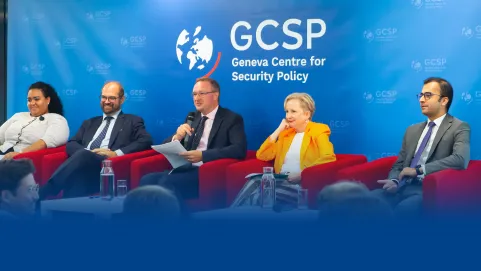 Crisis response and other stories
">
Crisis response and other stories
">
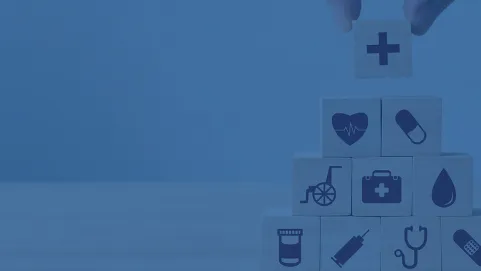 Crisis response and other stories
">
Crisis response and other stories
">
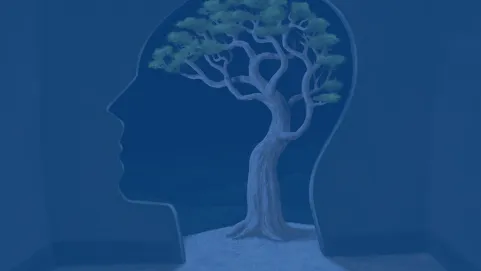 Crisis response and other stories
">
Crisis response and other stories
">
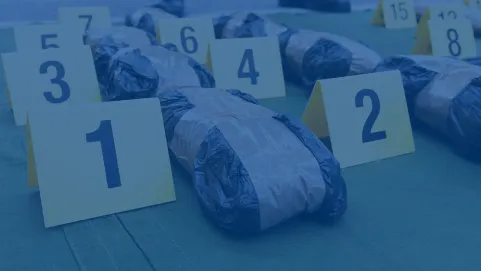 Crisis response and other stories
">
Crisis response and other stories
">
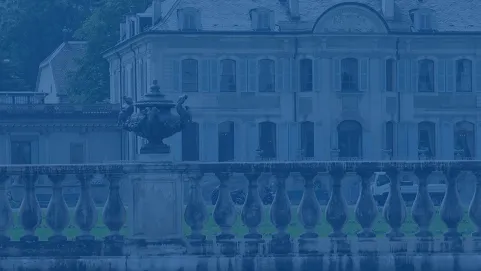 Crisis response and other stories
">
Crisis response and other stories
">
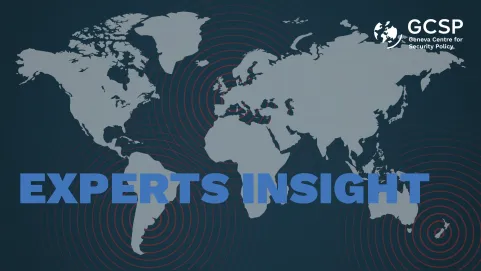 Crisis response and other stories
">
Crisis response and other stories
">
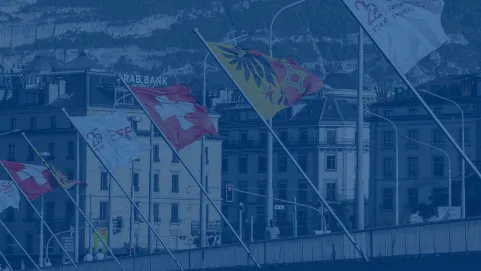 Crisis response and other stories
">
Crisis response and other stories
">
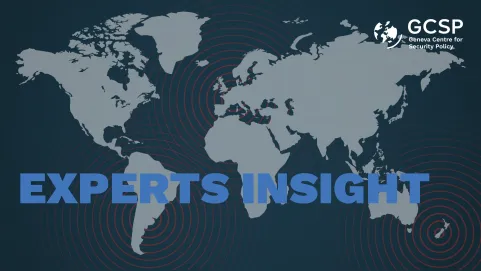 Crisis response and other stories
">
Crisis response and other stories
">
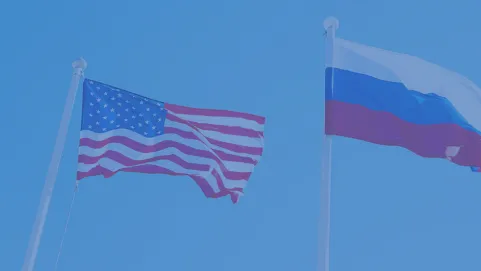 Crisis response and other stories
">
Crisis response and other stories
">

